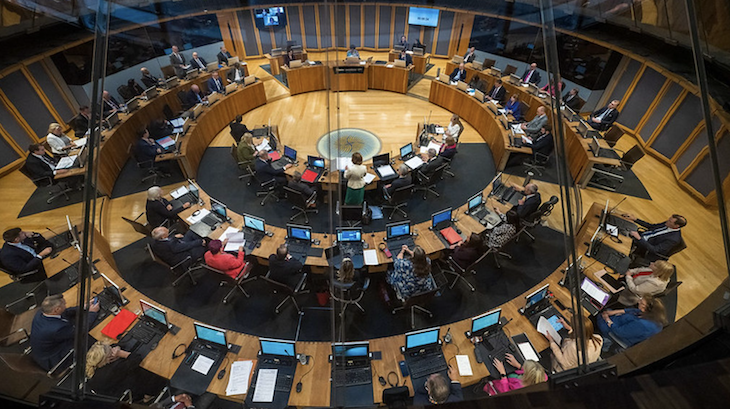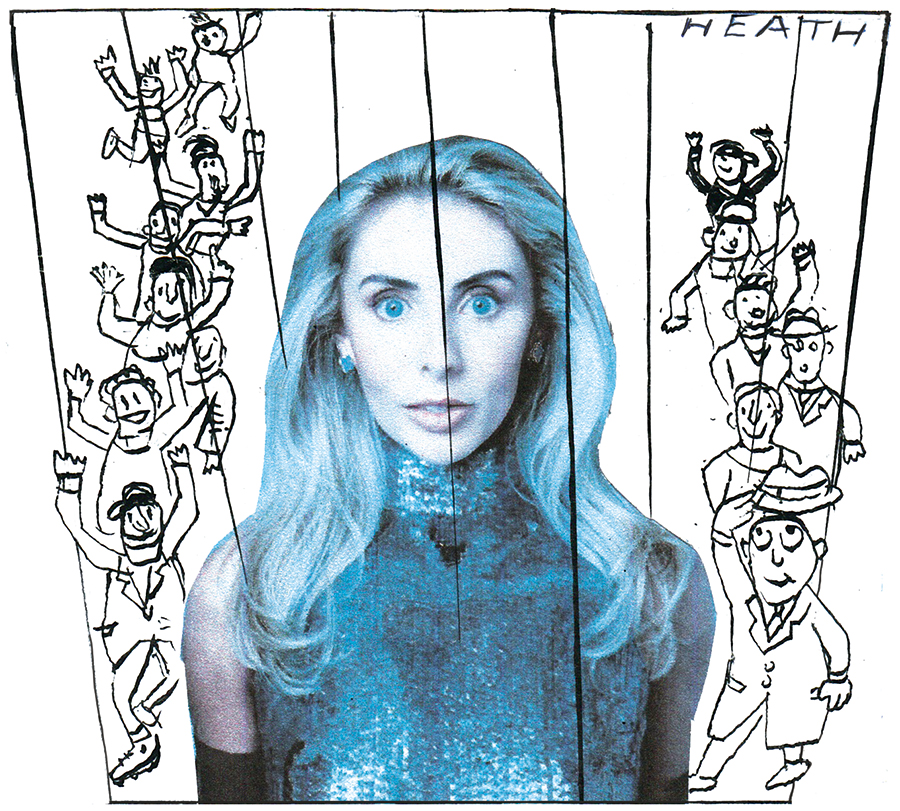How do you know a politician is lying? Their lips are moving. We’ve all heard the joke. Even in these horribly divided times, there’s one belief that still unites the fractured British public: politicians can’t be trusted. So a plan hatched in Wales last summer to make lying in politics a criminal offence has proved popular, but not among the Welsh parliament’s standards committee, which warned against the idea this week.
“Our view is that the risks and the unintended consequences currently outweigh the benefits,” the committee said. Its report suggested that, given the “considerable existing strain on the justice system”, it would be wrong to put more pressure on the courts – quite the illustration of how regularly politicians are thought to lie.
It does feel like politics is getting more dishonest. During Donald Trump’s first term, the Washington Post counted 30,573 lies from the man — an average of 21 porkies for every day he was in office. Meanwhile, on this side of the pond, Boris Johnson was regularly accused of fibbing during his time as prime minister. Chancellor Rachel Reeves has faced accusations that she embellished the truth on her CV.
No one likes being deceived by people in power, but I agree with the Welsh committee: on balance it would be wrong to make lying in politics a criminal offence. The first issue is that it would be really hard to secure convictions. You’d have to prove the politician lied – that they did so deliberately – and do we really think it’s beyond a crooked MP’s wit to mislead us into thinking they didn’t realise they were misleading us?
It would also be hard to establish who was responsible for any given deception. When politicians speak in parliament or to the media, they’ve normally been briefed by a civil servant or other adviser. Team members usually write politicians’ speeches and articles for them. Would it be feasible to expect every politician to fact check every statement before they make it?
In fact, it might be difficult to prove that an MP lied at all because their statements are often shrouded in sneaky wordplay, or hair-splitting definitions, which they can later use to claim they didn’t really lie.
Bill Clinton strongly denied having “sexual relations with that women” and later defended himself by arguing colourfully about what “sexual relations” meant. Did Michael Howard “threaten to overrule” the head of the Prison Service, Derek Lewis?
“I didn’t overrule him,” demurred the former home secretary, however many times Jeremy Paxman asked him.
Last year, Labour cabinet minister Lisa Nandy was found to have been loaned clothing from a luxury fashion agency one day before she’d insisted on Sky News that she had never accepted free clothes from donors. It was just a loan, you see.
Supporters of criminalising political dishonesty point to collapsing public trust but I think their plan would only make it worse. The public is already convinced that the system is rigged in favour of politicians and that political crooks are never held to account. How many failed prosecutions of lying MPs would it take before distrust deepened?
It’s easy to imagine that some dodgy people would welcome the plan with open arms. Criminalising lies in politics would be manna from heaven for any populist grifter in Westminster. They’d play the system like a fiddle: deliberately say something untrue, get themselves charged and taken to court, leverage the whole thing to whip their supporters into a frenzy and end up getting let off anyway.
It would also be an open goal for any wealthy person or company that wants to silence discussion on themselves or a particular issue. Just as rich crooks threaten libel writs against anyone who tries to hold them to account, the same intimidation tactic could be used here. If you accuse someone of lying when it’s a criminal offence to lie you’ll shut up a fair few of them.
Look, I can only think of a handful of politicians of any party I wouldn’t absolutely love to see dragged through the courts. I too am exhausted by the mendacities of the Commons. But making lying in politics a criminal offence would be futile and open to abuse – and then that stench of BS would only get stronger.







Comments